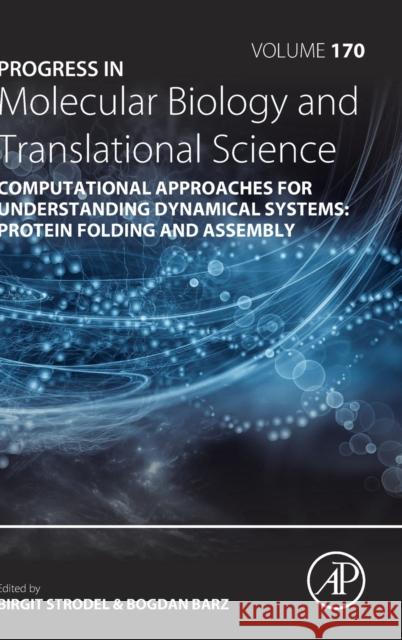Computational Approaches for Understanding Dynamical Systems: Protein Folding and Assembly: Volume 170 » książka
topmenu
Computational Approaches for Understanding Dynamical Systems: Protein Folding and Assembly: Volume 170
ISBN-13: 9780128211359 / Angielski / Twarda / 2020 / 300 str.
Computational Approaches for Understanding Dynamical Systems: Protein Folding and Assembly: Volume 170
ISBN-13: 9780128211359 / Angielski / Twarda / 2020 / 300 str.
cena 608,48
(netto: 579,50 VAT: 5%)
Najniższa cena z 30 dni: 604,74
(netto: 579,50 VAT: 5%)
Najniższa cena z 30 dni: 604,74
Termin realizacji zamówienia:
ok. 16-18 dni roboczych.
ok. 16-18 dni roboczych.
Darmowa dostawa!











